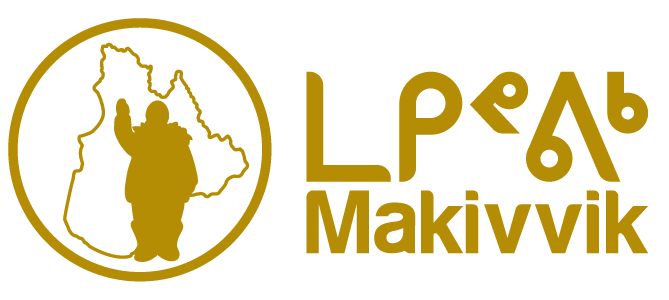Remediation of Abandoned Sites in Nunavik
The presence of abandoned sites related to former and active mining, archaeological, outfitting, tourism, or military activities have generated large quantities of abandoned hazardous materials in Nunavik, including hydrocarbons, electrical equipment, metals, buildings etc. These abandoned materials are potentially harmful to the health of Inuit, Naskapi, and Cree, as well as the wildlife and the environment. The Kativik Environmental Advisory Committee has closely monitored this issue and made recommendations to governments to realize remediation work on these sites.

In February 2018, the Quebec Government announced funding through its “Strategy to Promote the Vitality and Enhancement of the Northern Heritage,” to be allocated to the Inuit, Naskapi, and the Quebec Association of Outfitters to dismantle, clean-up, and remediate (DCUR) nearly 300 mobile camps located on the Nord-du-Québec territory. Twenty-nine of these sites are found in the Inuit area of interest and have been delegated to the Makivvik who, in 2019, carried out a series of inspections in order to develop a work plan for cleaning up these sites.

Given the limited timeframe of the funding agreement (2018-2022), it was decided to prioritize 17 sites located near the community of Umiujaq (Map). Most of these sites are high priority due to their size and volume of materials.
Unfortunately, the work planned for 2020 was restricted due to the pandemic and although it has also affected the work planned for 2021, DCUR activities have been completed on six sites and have been partially completed on one. This work includes dismantling buildings, collecting and identifying hazardous waste such as paints, oils, batteries, propane tanks and cleaning products, as well as the collection and storage of residual materials. All of these will be transported south to a recycling facility, or if in good condition, be given to the community of Umiujaq.

The DCUR work is undertaken by the Makivvik Project Manager and a team of workers from Umiujaq. A final phase of cleanup will require the team to burn the combustible materials on site. For this, they have received fire safety training from SOPFEU. The team has also received training on the management of hazardous waste and wilderness survival.
At present Makivvik has requested a funding extension under the agreement to ensure a longer period of time to properly complete the work and so that none of these sites will continue to pose a risk to the environment.





